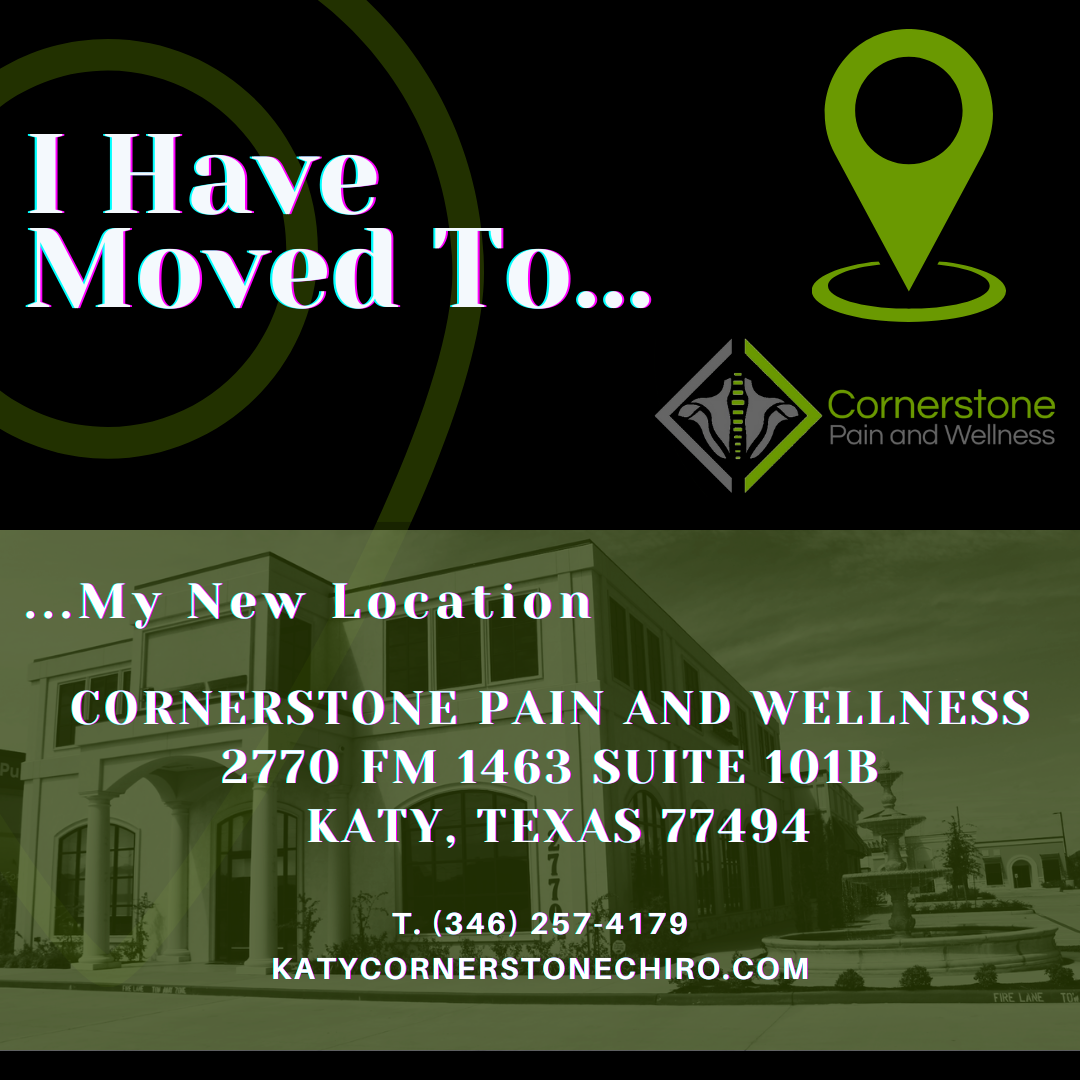
Fall sports season is here!
Whether you are a youth player, weekend warrior, or a professional athlete, you can be injured playing any sport. Injuries are caused by a variety of factors including accidents, poor conditioning or training practices, not wearing proper protective equipment or an inadequate warm-up. Some of the most frequent sports injuries include Achilles tendon injuries, sprains, strains and stress fractures and knee injuries.
Injured? What Next?
Sports injuries are usually pretty easy to diagnose because the athlete will normally have felt when something went awry. A physical examination should confirm this, but x-rays may also be ordered if the injury suspected could be more serious, like in the case of a fracture.
Most often the injuries are less severe and are to the soft tissue, as in the case of tendonitis, strains, and sprains. With these type of injuries, the treatment can be one or a combination of the following protocols.
Compression and Elevation
Typically forty-eight hours of rest with compression and elevation are the general prescription for a mild strain or sprain. Raising the injured joint or limb above the level of the heart along with light compression by a medical bandage or sleeve is helpful in reducing the inflammation and swelling.
Optimally a balance of activity and restoration of normal function are encouraged earlier to avoid harm from inactivity while avoiding a re-injury due to over enthusiastic comeback before the injury has healed properly.
3 Cheers For Ice
Ice is nature’s best anti-inflammatory. It can help to reduce the inflammation and increase the speed of the healing process. The best guideline is to ice for 20 minutes every hour, Placing the ice, which is wrapped in a thin towel to protect the skin, on the affected area and then letting the area return to normal will have the most benefit.
Pain Relief
According to recent research, the use of certain nonsteroidal anti-inflammatory drugs should be limited as they may, in fact, retard the body’s natural healing process, causing a longer recuperation than necessary. If you use anti-inflammatory medication use sparingly and restrict activities as the medication will allow your body to feel you are no longer in pain and no longer injured.
Chiropractic and So Much More
Chiropractic treatments can help with certain types of injury, lowering pain levels and speeding recovery. Chiropractors are trained musculoskeletal experts and work with their teams to provide the best sports rehabilitation program.
We’re On Your Team!
Our expert team is trained and licensed medical professionals who work with physicians and other healthcare providers to evaluate and manage musculoskeletal injuries. A huge bonus is that our team will not only rehabilitate your injuries back to active health status but work to revitalize the areas to a better condition than which you arrived.
Be prepared 1000% by being the 1% who have the health team behind them to help get them there!
For Your Health,
Dr. Frederick Savard

